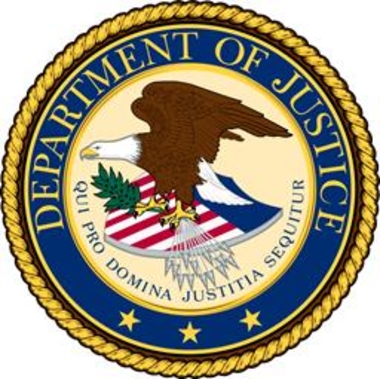DOJ releases guide to reforming HIV criminalization laws

Washington – The Justice Department announced today that it has released a Best Practices Guide to Reform HIV-Specific Criminal Laws to Align with Scientifically-Supported Factors. This guide provides technical assistance state laws that criminalize engaging in certain behaviors without disclosing known HIV-positive status. The guide will assist states to ensure that their policies reflect contemporary understanding of HIV transmission routes and associated benefits of treatment and do not place unnecessary burdens on individuals living with HIV/AIDS.
This guide is in follow-up to the department’s March 15, 2014, article published with the Centers for Disease Control and Prevention (CDC), Prevalence and Public Health Implications of State Laws that Criminalize Potential HIV Exposure in the United States, which examined HIV-specific criminal laws. Generally, these laws do not account for scientifically-supported level of risk by type of activities engaged in or risk reduction measures undertaken. As a result, many of these state laws criminalize behaviors that the CDC regards as posing either no risk or negligible risk for HIV transmission even in the absence of risk reduction measures.
“While initially well intentioned, these laws often run counter to current scientific evidence about routes of HIV transmission, and may run counter to our best public health practices for prevention and treatment of HIV,” said Acting Assistant Attorney General Jocelyn Samuels for the Civil Rights Division. “The department is committed to using all of the tools available to address the stigma that acts as a barrier to effectively addressing this epidemic.”
The department’s efforts to provide guidance on HIV-specific criminal laws are part of its ongoing commitment to implementation of the National HIV/AID Strategy, released in 2010. Today’s guide furthers the expectation from the Office of National AIDS Policy that we tackle misconceptions, stigma and discrimination to break down barriers to care for those people living with HIV in response to the President’s Executive Order last year on the HIV Care Continuum Initiative. For more information on the National HIV/AIDS Strategy, visit the White House website.
For more information on the ADA and HIV, visit this website. Those interested in finding out more about obligations under the ADA may call the Justice Department’s toll-free ADA information line at 800-514-0301 or 800-514-0383 (TDD), or access the ADA website.
The Gayly – July 17, 2014 @ 8:05am





